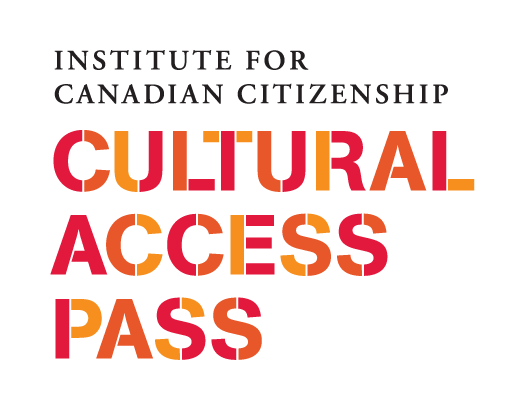That was the title of the program for my partner’s citizenship ceremony, held yesterday at the Government Conference Centre (Ottawa’s old train station): and it really was special.
I remember becoming a citizen about a decade ago in a church — or was it a primary school gymnasium? — in Barhaven. It wasn’t nearly as special: we listened to a lame speech, swore a communal oath, sang “O Canada” and went home for the first time as Canadians. You have to have lived in Canada for four years just to apply and then pass a test, so by the time the ceremony takes place, it’s not really a surprise as much as it is a formality.
But this was something else. It was incredibly long. There was an immigration officer; a citizenship judge; Peter Sylvester, associate deputy minister of citizenship and immigration; a member of the military (yes . . .), Major Michel Roy, Royal Canadian Air Force; Julie Cugalj, chairperson of the Rotary Club of Ottawa and more than 200 kids from its Adventure in Citizenship program (it was a full house, really); on top of the 50 new citizens and their guests, including me.
Of course we needed an old railway station to welcome all these people.
It was moving, and some people were even teary-eyed in the face of such a “special” ceremony. I was, of course, extremely critical of the entire process and in particular of the speeches delivered by all of these high officials. What struck me as most inappropriate was the presence and speech of a visibly well-decorated military man. In fact, listening to everyone’s speech, I was positively confused: were they intimidating or inspiring our new citizens? I don’t know how many times I heard the words “rule of law,” “abide by Canada’s laws” and “order” and “responsibilities as citizens.”
Were these 50 people completely ignorant of the fact that in Canada we have to follow the law or face punishment? Was that why a military presence was necessary? To put a face on the consequence of not abiding to the law — no, that would be the police, right?
Or is this kind of thing absolutely normal and I’m the one who’s strange and over-dramatizing it?
I’m sorry to this major, who was very kind and lovely in person; it’s the military symbol that bothers me, not the individual soldier.

In all fairness, the speeches were also sprinkled with very nationalistic and lovely comments about Canada’s multiculturalism and diversity and it “being the best country in the world.” The new citizens received a Cultural Access Pass offered by the Institute of Canadian Citizenship. The pass allows the new citizens and their children (but not Canadian partners) free access to more than 1,000 museums, parks and other cultural institutions free for a whole year. That’s welcoming. That’s special.
The rest, I’m not so sure of. But I guess it’s procedure, and after all, when swearing an oath to the Queen (of England . . . and yes, how easy it is to forget, of Canada too), we have to keep some tradition and military presence.
Good thing my partner became Canadian before Bill C-31 comes into full effect.
Among other incredibly counter-Canadian changes to the law, which directly go against the values of compassion and care that Canadians are known for and are proud of, the bill “would even give the minister the right to revoke the permanent
resident status of genuine refugees, simply because the minister
believes the conditions have changed for the better in their country of
origin,” according to the above hyperlinked article.
So, for the many gays who come to Canada because life is living hell where they come from, they could be sent back if the minister so chooses . . . say, because it’s good doing business with that country. I’m not saying this would actually happen, but it’s certainly a danger. After all, responsible governments care more about people than money — but still, in this case I’m on the side of “the law.” Let’s make sure there is no way around what’s right versus what’s profitable.
Given the alarming news, I’m happy my partner is now safely Canadian, but I’m not so sure she’s proud to read what the future holds for the next generation of people trying to immigrate to our country.
 Why you can trust Xtra
Why you can trust Xtra


